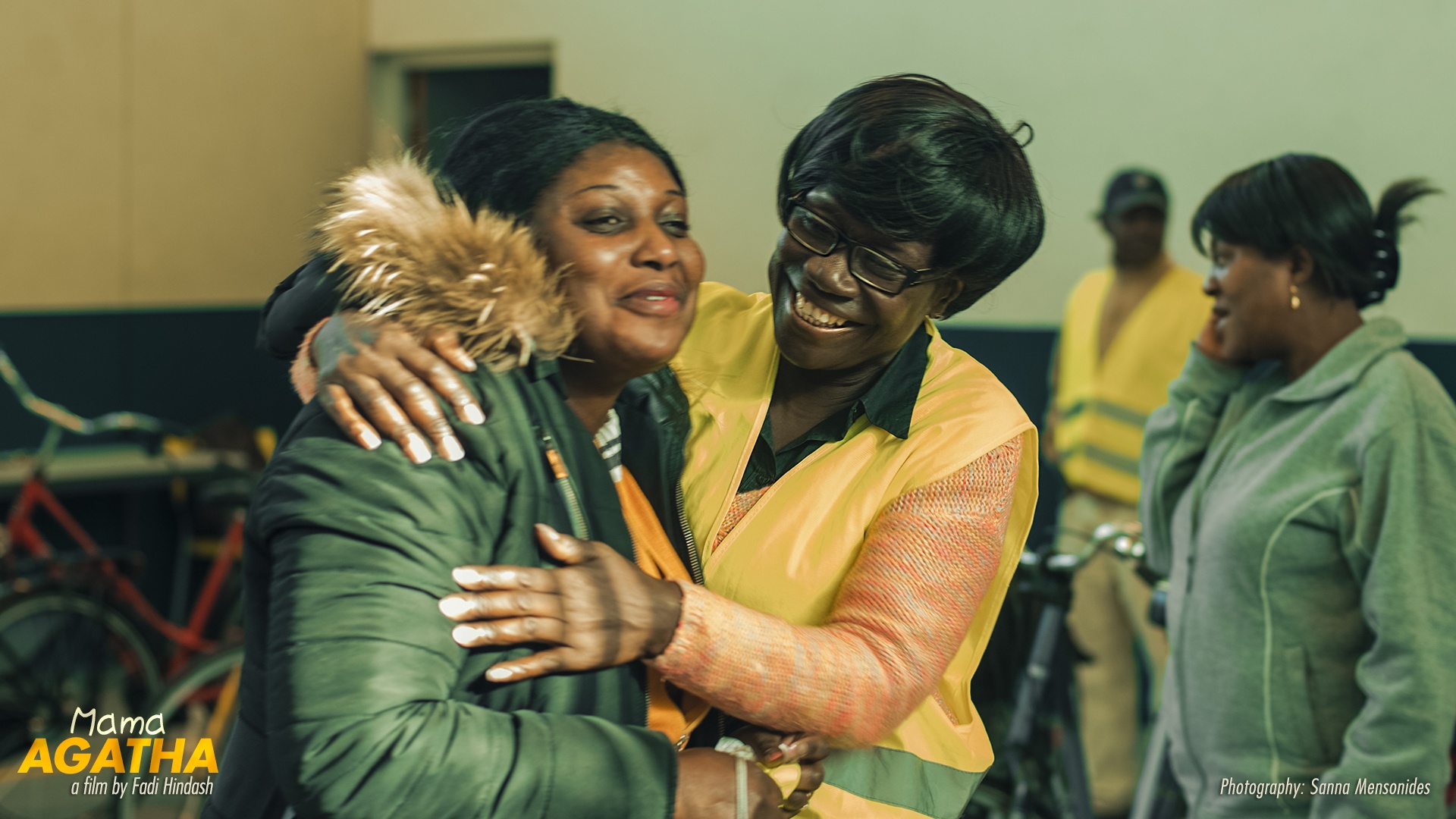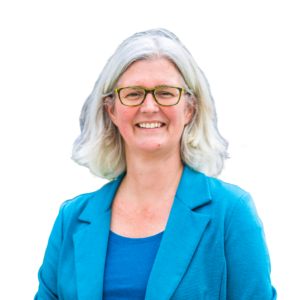International Women’s Day 2019: Mama Agatha documentary is available online!
The 8th March marks International Women’s Day, a day that reminds me to celebrate women’s achievements, to never take women’s rights for granted and to remember that many women and girls worldwide do not have similar opportunities as I have. In our field of work, specifically when it comes to cycling, women in the Netherlands are often praised, even admired, when they are seen on bicycles. Especially when they wear fashionable dresses and high heels, or haul shopping and multiple children. These pictures and videos are shared and admired widely on social media.

In the meantime the women who have been photographed and filmed have no idea that they were doing something particularly special. This is what women all over the world do, right? Carrying shopping and children, going to work, visiting friends and wanting to look nice when you go out. Yes, many women do these things and no one will suggest that men carry children and shopping more compared to women. Even if you feel that household and care tasks should be divided (more) evenly, you cannot deny that this is currently not the case. So why the fuss? Well, that is because it is not about what the women on the pictures do, but how they do it. In most parts of the world, including most western countries, it is exceptional that women make more trips on a bicycle compared to men.
In the figure below you can see the bicycle modal share for females and males in the Netherlands by age group in 2014. I find it interesting to see that the bicycle modal share is the highest amongst the 0-24 year olds, in the age group of 15-24 year olds the females have a lower mode share for the bike compared to the males, but from the age of 25 onwards the levels are higher for females. The lowest bicycle modal share of the country is 20% and is found amongst the 25 – 44 year old males; a group that would typically have the highest bicycle modal share in other countries!

The Netherlands is clearly an exception to the rule, and we cannot take our behaviour for granted . The reality is that many women who are born in other countries and come to live in the Netherlands, were not brought up with the idea that it is possible or decent for a woman to undertake her daily activities with the use of the bicycle. On a very practical, but crucial, level this means that many women from a migrant background do not have the skills to cycle, have probably never had a really good look at the bicycle as a ‘machine’ that can take you to places, have never touched a bicycle, let alone owned one. That is why it is so important that communities in the Netherlands offer women bicycle lessons and support to acquire and maintain a bicycle. One such a community initiative in Amsterdam Southeast is set up and run by Mama Agatha.
Agatha Frimpong – an immigrant woman from Ghana and prominent member of that community – was inspired to help women in her community live more active lives after she lost a friend due to heart disease in 2009. She started to organize bicycle lessons and I was lucky enough to meet Agatha and was able to offer her support through my involvement in a study on developing a strategy for cycling education for the city of Amsterdam. Several years later, Mama Agatha’s lessons proved so inspiring, that she became the subject of the documentary, Mama Agatha, a film written and directed by Fadi Hindash and produced by Marek Jancovic. The documentary was released in May 2015 and has been shown hundreds of times across the globe. The film won an Audience Award at its premiere at Leiden Short Film Experience, and celebrated its international premiere at Rhode Island International Film Festival 2015.
On International Women’s Day 2019, ten years after meeting Agatha Frimpong in Amsterdam for the first time, I am very pleased that the full documentary is now available online for everyone to watch and be inspired! It is important to keep in mind that this one particular day on our calendar is not enough to address the inequalities that exist in societies worldwide. Giving women and girls the opportunity to learn to cycle and to give them access to a bicycle are steps that can help tackle the complex problem of inequality.
If you want to know more about cycling education, working with migrant families or cycling culture in the Netherlands, please feel to contact our consultant Angela van der Kloof.


 ">
">